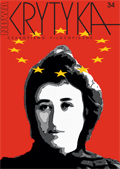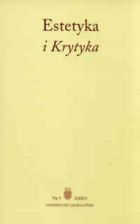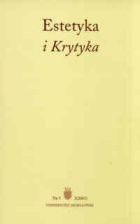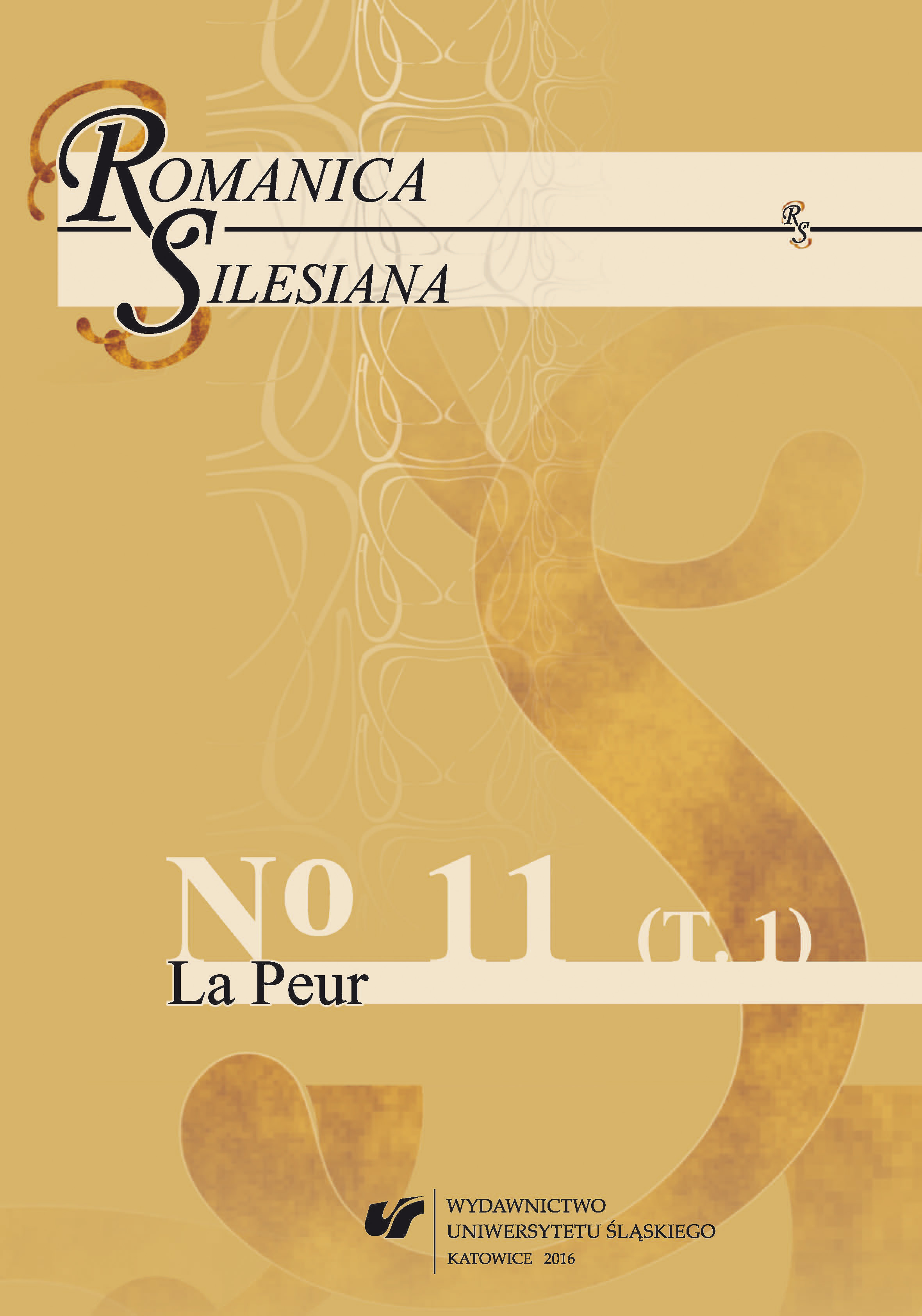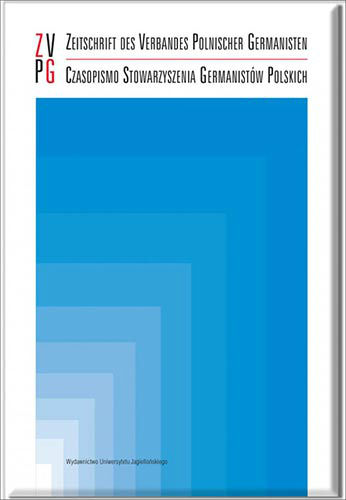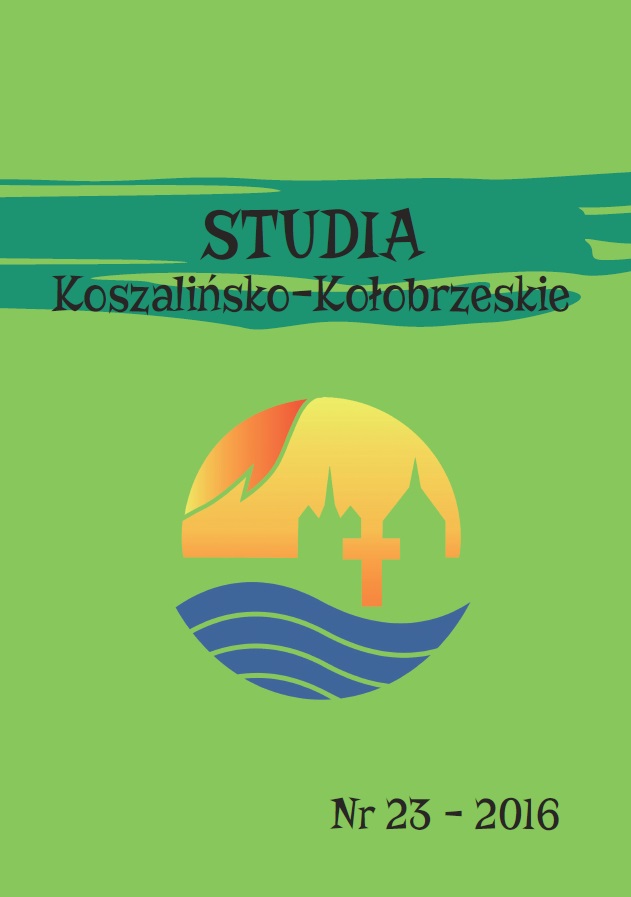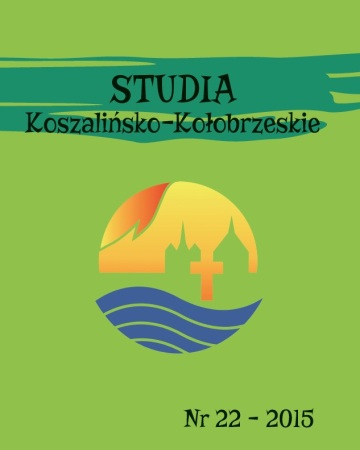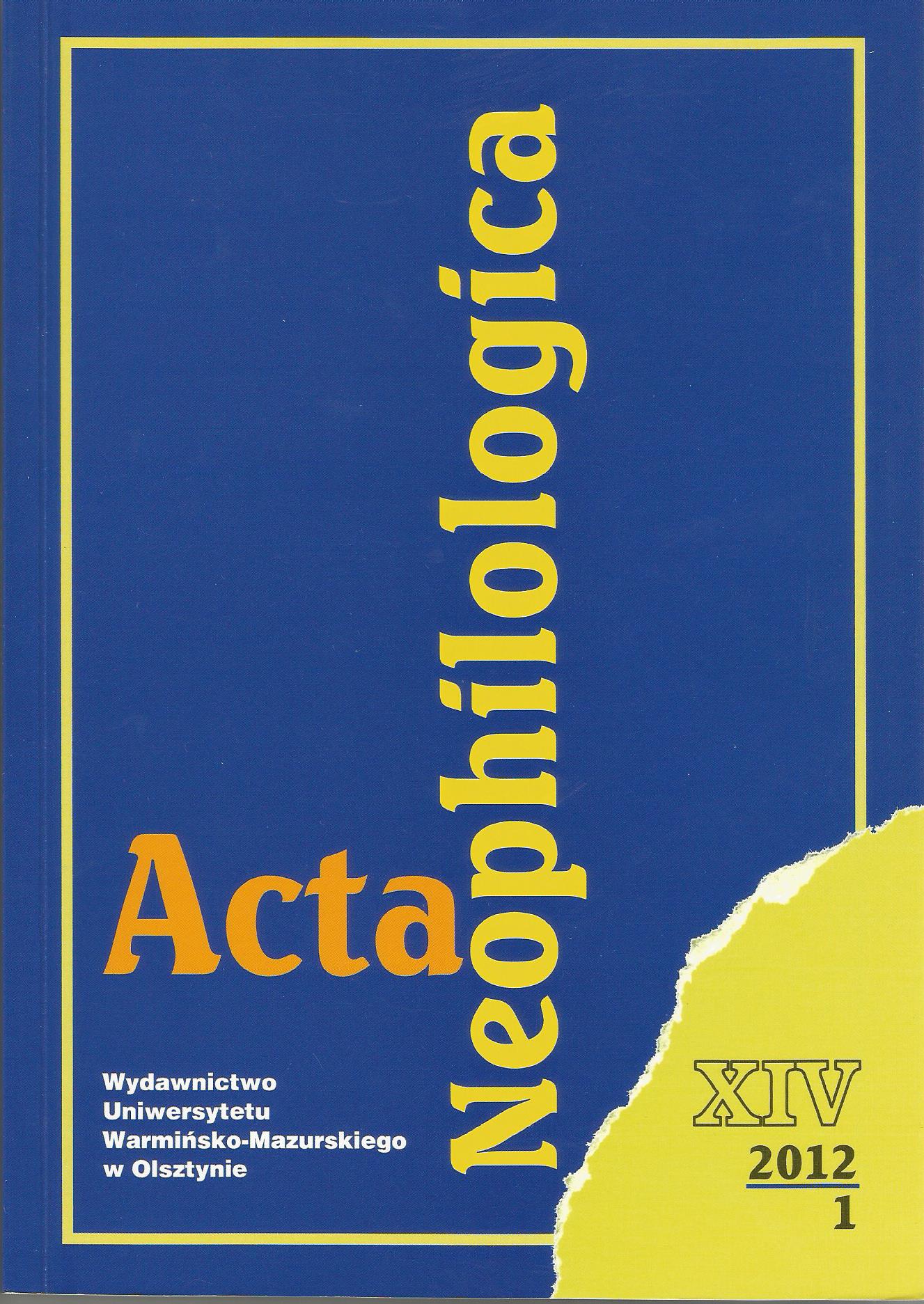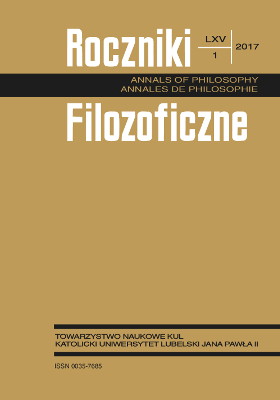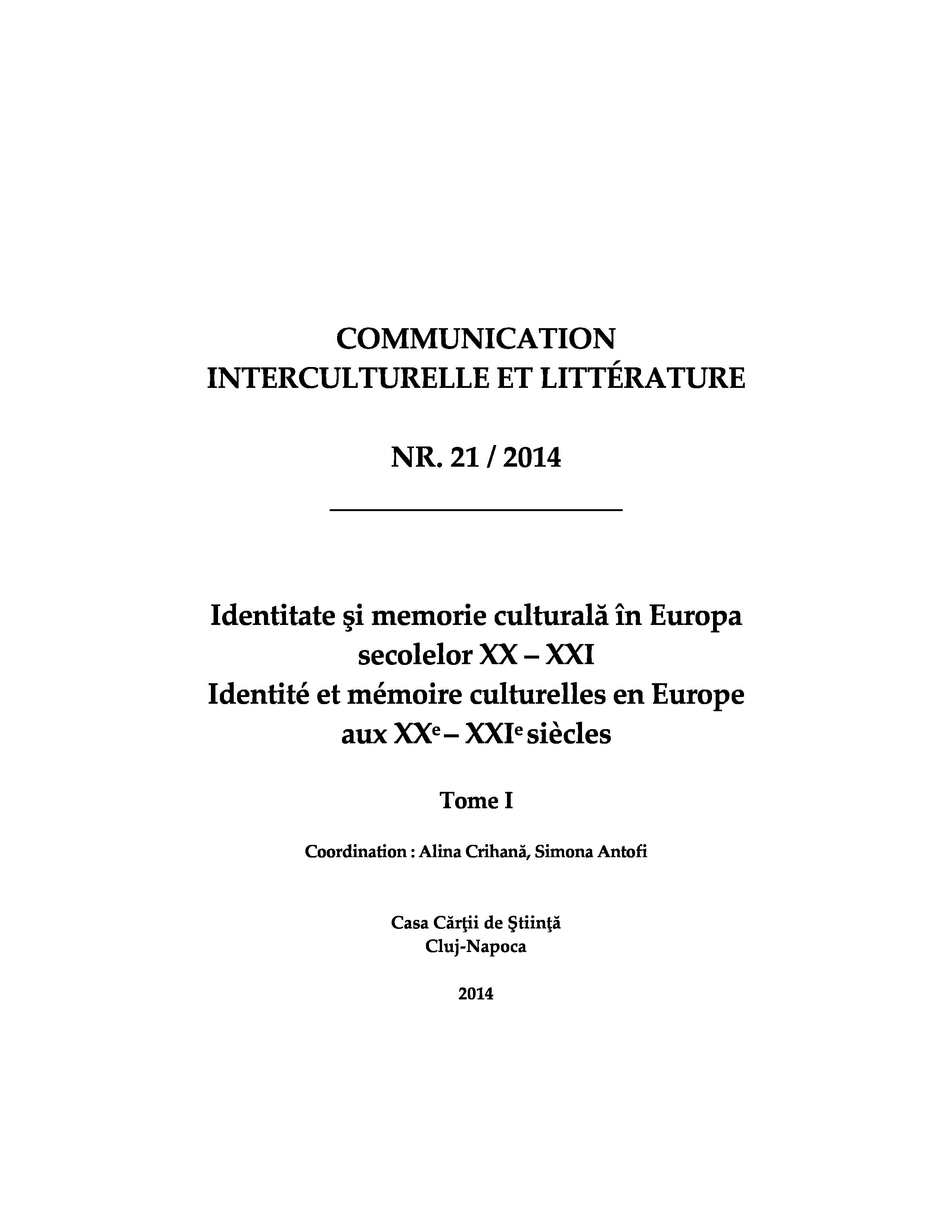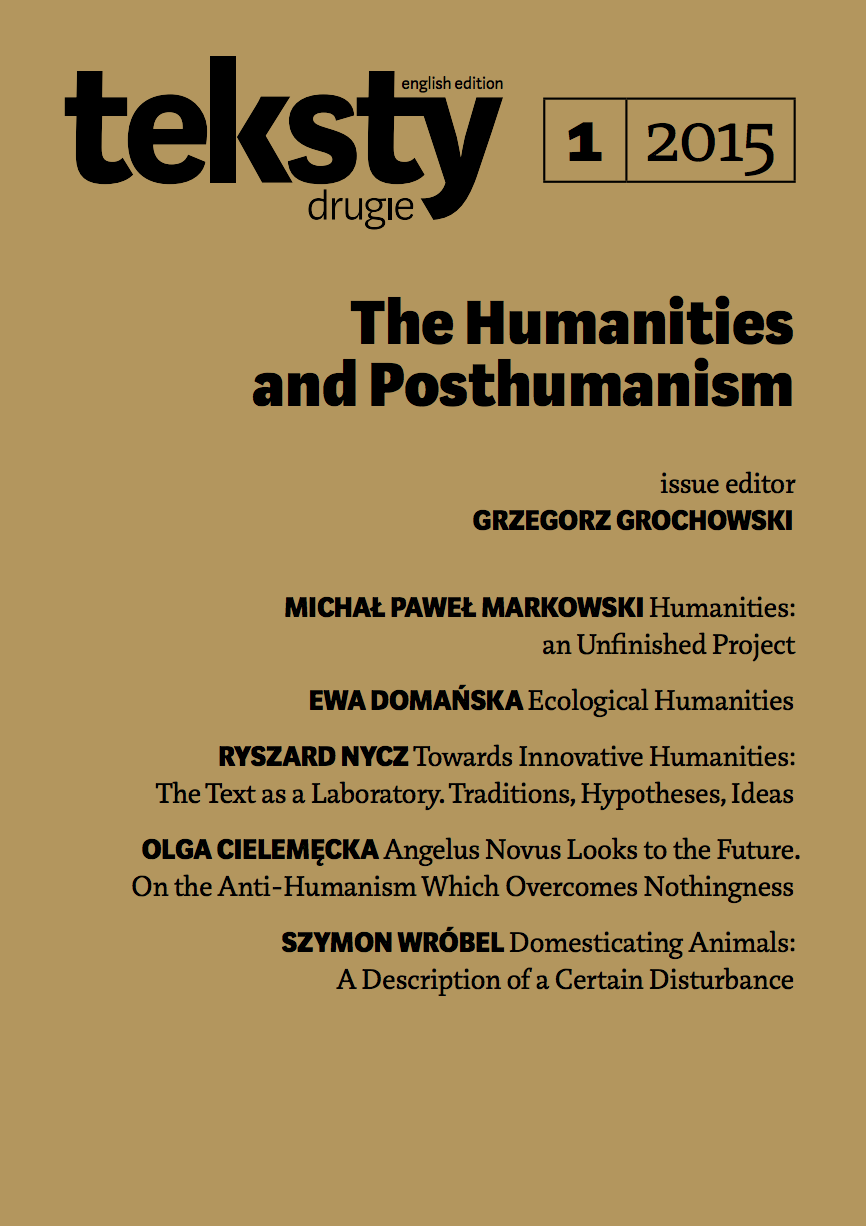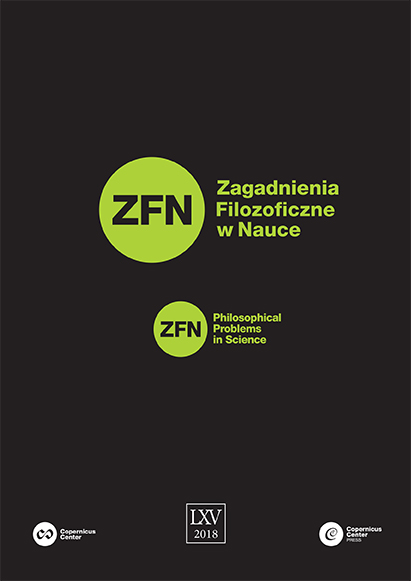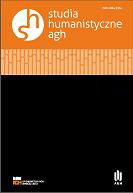
BEHAWIORALIZM W AMERYKAŃSKIEJ POLITOLOGII. EPITAFIUM DLA CZĘŚCIOWO UDANEGO PROTESTU
A few decades have passed since the behavioral revolution in American political science occurred. The paper presents main factors leading to the domination of behavioralism in political studies in the USA, in the 50. and 60. of the XXth century. They were of both intellectual and institutional nature. Disappointment with research results achieved within the institutional paradigm as well as the growing popularity of neopositivism should be mentioned among the former. Generous nancial support of research dedicated to human behavior seems to be crucial in the institutional context. Basic assumptions of behavioral political science are discussed in depth in the text. They are: rigorous methodology, the emphasis on the theory construction and the exclusion of values from the research process. The successive part of the text presents the dynamics of the behavioralism evolution and major planes of its critique. The most important of the latter include: the problem of engagement of political science in resolution of political and social problems as well as methods appropriate to political inquiry. In fact they are the same problems which are debated in political science since its emergence. Thus, behavioralism while gaining remarkable signi cance, has not resolved the basic problems of the scholarly identity of political science.
More...
